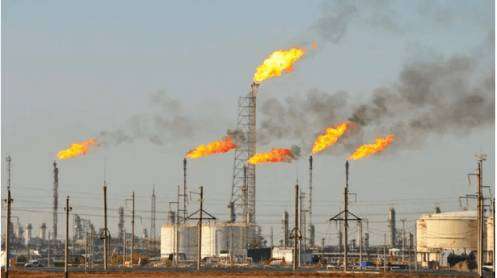ISLAMABAD, May 16 – In a late-night announcement, the government reduced the price of high-speed diesel (HSD) by Rs2 per litre to Rs254.64 for the current fortnight ending May 31, while keeping the petrol price unchanged at Rs252.63 per litre. This marks the third time in two months that the government has not fully passed on the impact of declining global oil prices to consumers.
The move comes alongside a hike in the Inland Freight Equalisation Margin (IFEM) on both petrol and diesel, aimed at recovering Rs34 billion in industry losses triggered by a tax classification change under the Finance Bill 2024-25. This shortfall, linked to the reclassification of petroleum products as “exempt,” has rendered input sales tax non-refundable for refineries and oil marketing companies (OMCs).
According to the Ministry of Finance, the revised prices were determined by the Oil and Gas Regulatory Authority (OGRA) based on global market trends. At the Petroleum Division’s request, IFEM has been raised by Rs1.87 per litre, with recovery expected over a 12-month period.
Currently, the government imposes around Rs96 per litre in taxes on both petrol and HSD, including Rs78 per litre as Petroleum Development Levy (PDL) and Rs17 per litre in customs duties, in addition to margins for OMCs and dealers.
The price of diesel is considered a key inflation driver, given its extensive use in the transport and agriculture sectors. Conversely, petrol directly impacts lower- and middle-income consumers due to its widespread use in motorcycles, rickshaws, and small vehicles.
The government has withheld approximately Rs18 per litre in potential price reductions over the past two months to curb rising fuel consumption, using increased levies to fund electricity subsidies and infrastructure projects in Balochistan and Sindh.
Petrol and HSD remain the top contributors to national revenue, with combined monthly sales exceeding 1.5 million tonnes, far outpacing kerosene, which averages just 10,000 tonnes per month.
Story by Khaleeq Kiani







